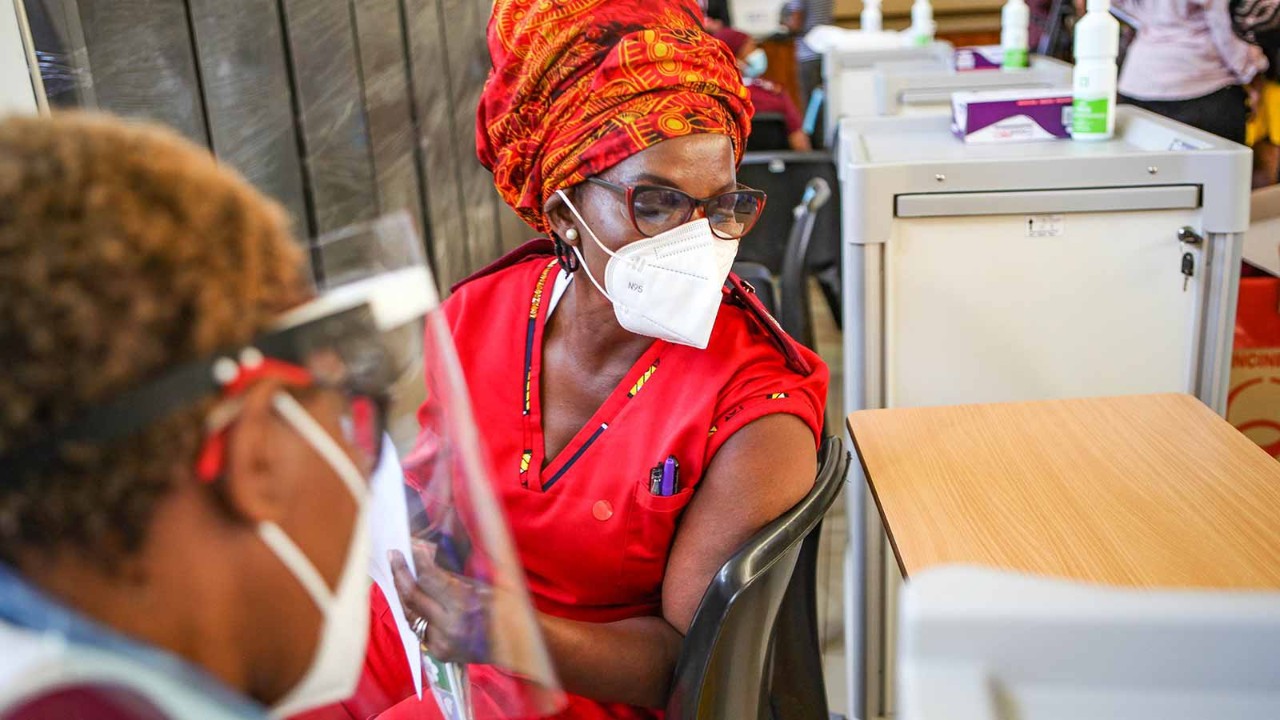
Projections about Covid-19 herd immunity can be little more than guesswork given the number of variables that will feed into the inoculation drive of each country in Africa and the complexities involved in containing a virus in an open system (with crossborder migration, documented and otherwise, as well as the potential for variant mutations stemming from abroad).
In addition, there is a risk that Covid-19 could become endemic due to new strains and slow inoculation progress globally. If that happens, then national herd immunity will perhaps not be the short-term silver bullet many are hoping for.
These uncertainties, of course, do not nullify the need to look to the future and put together a logically sound and coherent economic outlook. While the initial shock is external in nature, the speed of recovery will be determined by underlying fundamentals, and it is these fundamentals that need to be assessed. Numerous structural factors will drive economic growth after the crisis, and institutional and economic diversity across the African continent means that the recovery will be far from uniform.
Countries with greater economic freedom and favourable operating environments will be more adaptable and therefore have an edge moving into a post-coronavirus world. Some smaller nations, such as Rwanda and Mauritius, will be better able to adjust to a changing economic landscape due to their business-friendly operating environments, while less agile economic giants, such as Angola and Ethiopia, run the risk of being left behind.

No economic shock in recent memory has put such a premium on a country’s ability to adapt to change
Digital genie
The pandemic-driven acceleration in digital transformation poses the greatest potential boost to productivity in at least a generation. A country’s ability to ride this wave will be a boon for economic development and structural transition; inability to do so will make it even harder than a year ago to escape underdevelopment. African countries inclined to adopt new digital technologies – such as Mauritius, Tunisia, South Africa and Ghana – will be in a better position to take advantage of the productivity gains, while Ethiopia, Mozambique and Tanzania could be left looking on from the sidelines.
No economic shock in recent memory has put such a premium on a country’s ability to adapt to change. Regardless of how the vaccine rollout takes shape, countries with the inherent agility conferred by more favourable business environments will be much more robust than less agile peers.
While many jobs will be lost and many businesses will fail, new beginnings can be facilitated by flexible labour markets and skilled labour forces. Business-friendly labour policies in Mauritius, Ghana and Rwanda will allow creative destruction to do its thing, while rigidity in South Africa, Angola, Mozambique and Zambia will curtail progress.
Policy springboard
The positive take-away is that positioning a country to take advantage of a changing economic landscape is a matter of policy. Refocusing government resources on basic services such as healthcare and education at the expense of glamour infrastructure projects will immediately benefit most while also putting an economy on a more solid and sustainable footing. The potential positive spillovers of forced digital transformation in the context of inadequate traditional infrastructure also means that the correct policy decisions will allow underdeveloped countries to manage these constraints, leapfrogging certain technologies and partaking in a global productivity revolution.
The coronavirus pandemic has caused permanent damage through the loss of life and set some economies back more than a decade. The recovery will lay bare institutional inequality across the continent. It will take more diligence and caution than ever before to identify the pockets of progress in which entrepreneurs and investors can do well.




